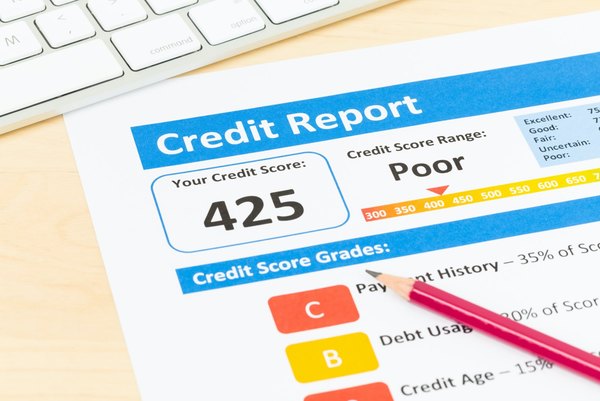Are you regularly checking your credit score? How often should you check your credit report?
It's essential to view credit reports and be aware of our credit scores, yet one in eight Americans has no idea what their credit score is.
A credit report provides a summarized overview of your finances, since it's designed to provide creditors and lenders with a sense of how safe it is for them to engage with you financially.
But how often should you check your credit report, and why should you stay on top of your credit reporting? There are several reasons.
What Is a Credit Report?
First things first, a credit report is a financial statement that summarizes all information relevant to your ability to borrow and repay money (credit).
It covers your credit history, activity, as well as a representation of your current status with respect to credit.
A credit report will also address specific credit scenarios, such as how well you repay loans and carry debt.
What's included in a credit report? The statement will include:
- Personal information (address, birthday, social security number)
- All current and past credit accounts
- Credit limits for each account
- Account balances and payment history for each account
- Public records of civil suits, bankruptcies, and foreclosures
Credit reporting companies collect all of your financial history from creditors, credit card companies, and banks. The reports create a detailed snapshot of your financials.
Most lenders will use a credit report to determine if you qualify for a loan and what interest rates to offer you.
How Often Should You Check Your Credit Report?
As a consumer, you need to stay updated on your credit report. According to the Fair Credit Reporting Act (FCRA), individuals have the right to expect fair and accurate information when viewing their credit reports.
Aside from knowing your credit score, staying updated on your credit report is the best way to catch mistakes. The Federal Trade Commission conducted a comprehensive credit report study in 2012. The research revealed one in five people had at least one credit reporting error.
A good rule of thumb is to check your credit report once a year. However, most financial experts would agree that isn't enough. Twelve months is a long time, and it's easy to overlook mistakes with so much information loaded into the report.
To stay on top of your credit history and to ensure minimal errors, check your credit reports once a quarter. This frequency should minimize the impact an error can have on your life, and help you stay on top of your credit activity.
Why Is Your Credit Report Important?
Your credit report paints a detailed picture of you as a consumer, and may be considered in dozens of life situations.
Good credit leads to lower interest rates on loans, making it easier to purchase assets and saving you money.
Poor credit saddles you with higher rates and, in some cases, loan denial.
Knowing how you are perceived financially by potential lenders and creditors can help you plan for the future. If you're unhappy with your credit report, you can make changes to improve it. If you're satisfied with your credit report, you should maintain and protect it.
If you're considering making a sizable purchase in the near future, know your credit score before applying for a loan.
Finally, stay updated on your credit report so you can enjoy the advantages of a good credit score. Credit card companies reward responsible consumers with higher spending limits and enhanced benefits. You can even use a strong credit score as leverage when bargaining with your credit companies for lower interest rates.
Stay Updated on Your Financials
How often should you check your credit report? The answer is up to you. The minimum should be once a year, but you should be checking your statements more often. Checking your credit report anywhere between every four months to once a month is ideal.






